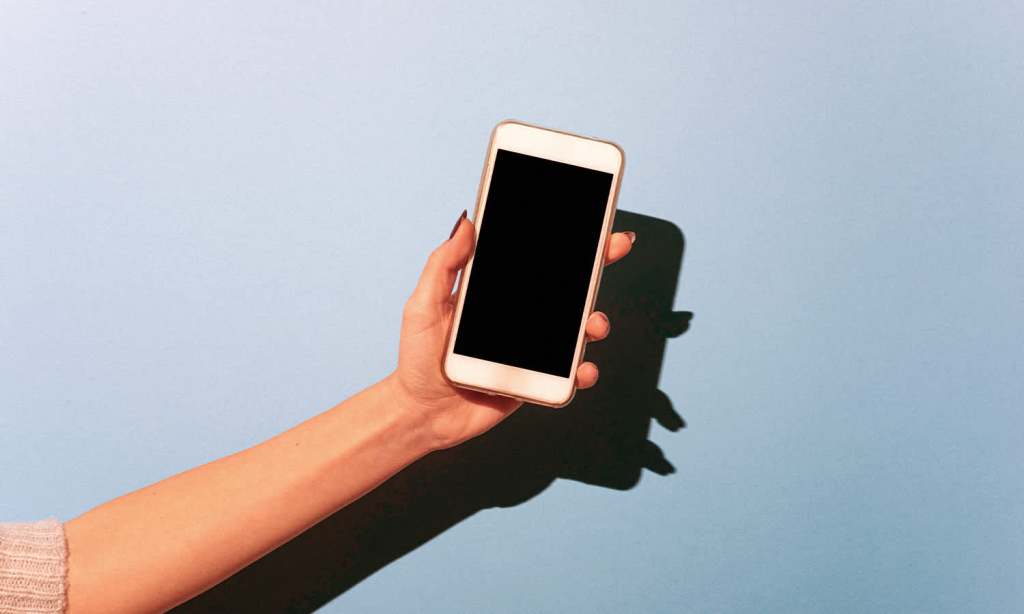Scientists have known for a few years now that someone who is infected with the COVID-19 virus sounds different from someone who isn’t. This doesn’t just mean someone who sounds really ill either.
Those who are asymptomatic and asked to cough on purpose can be identified as having the virus by using artificial intelligence to detect minute changes in their vocal patterns.
These changes are so slight that the human ear can’t even detect them — computers, on the other hand, absolutely can.
Several research teams around the world have been working on this idea simultaneously, and some are very close to developing an app that can tell you if you have the virus.
Here’s how it works.
Cough to Detect COVID
In September 2020, a paper was published by researchers at MIT, which detailed an AI model that could distinguish healthy people from infected people through listening to them to cough.
The model was trained on tens of thousands of people, both infected and not infected, who submitted voice recordings of themselves online. Those who had tested positive uploaded their results and the AI was able to accurately diagnose which people had COVID and which didn’t – with 98.5% accuracy.
What’s even weirder, the AI was able to detect 100% of those who were asymptomatic.
Researchers at Cambridge University are working on something similar and are still collecting data to be able to detect the virus through audio.
If you want to do your bit for science, you can upload your own coughing and breathing sounds to their database. They’re calling for both healthy and infected people to improve the data.
A COVID Detection App
The next logical step, once the proof of concept had been shown, was to put this technology into an interface that could be more widely used – an app made perfect sense.
While PCR and rapid antigen testing are widely available in Australia — although still not entirely free — in many parts of the world, a COVID test is hard to come by. This creates huge problems for tracking outbreaks and case numbers as well as the detection of new variants.
The BBC report that yet another team, this time from the University of Essex, has been trialing a similar app using the same AI-technology approach in remote parts of Mexico where access to testing is limited.
When exactly we might see widespread usage of these apps is unclear. From the sounds of it, there’s still a lot of testing that needs to be done to refine the process.
ResApp, an existing application founded by a company in Queensland, already has approval from Australia’s health regulator to use their app to diagnose respiratory issues in people with pneumonia, asthma, and sleep apnoea.
Their trial of COVID testing through their already existing platform has been shown to be 92% effective in a 700 person study. That data still needs to be peer-reviewed, but it could be only a few months before someone hits the market with one of these apps.
It’s wild to think that we’ve gone from ‘what the hell is this new virus?’ to ‘here’s a bunch of vaccines for this new virus’ to ‘here’s an app for this new virus’ in a little over two years. Welcome to the future, we’re fighting pandemics with the same device we use to play Wordle.
Of course, if it truly does take off, that could well be the end of the great Australian tradition of pulling a sickie.
Read more stories from The Latch and subscribe to our email newsletter.

